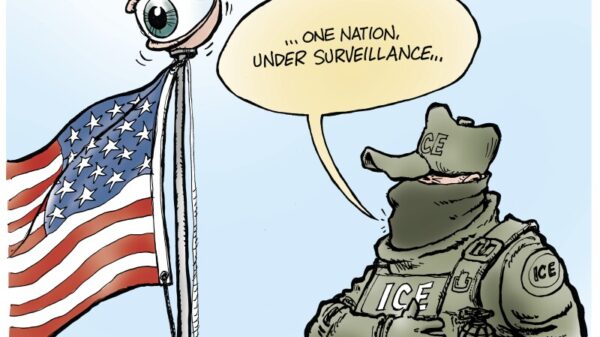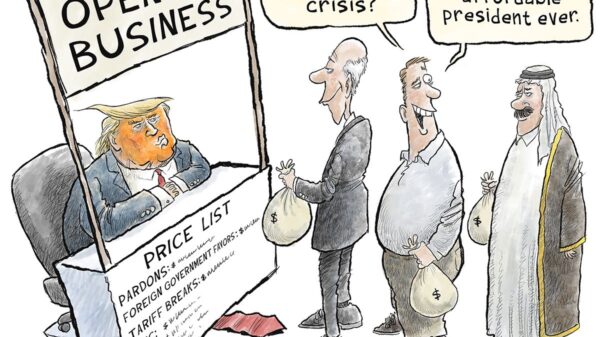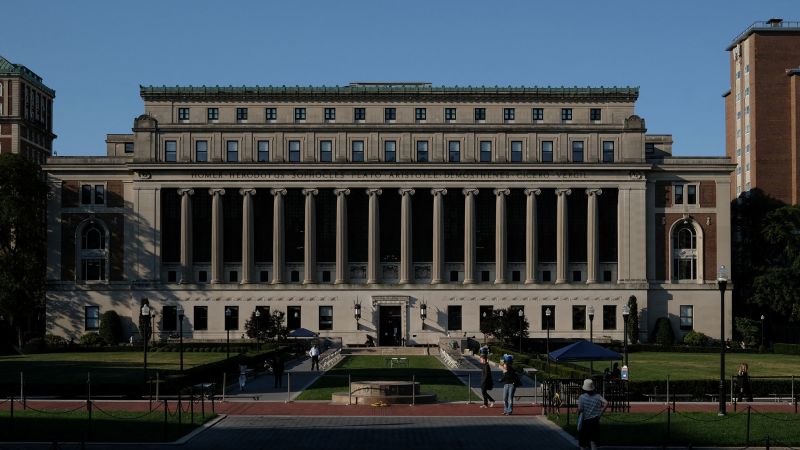Columbia University is negotiating a settlement with the Trump administration aimed at restoring access to over $400 million in federal funding. This potential agreement comes after months of discussions and could involve the university paying a multimillion-dollar settlement to victims of alleged civil rights violations. In exchange, Columbia would implement changes to its diversity, equity, and inclusion policies, enhance transparency regarding hiring and admissions, and take steps to improve campus safety for Jewish students.
Details of the negotiations indicate that officials from both Columbia and the Trump administration are set to meet at the White House next week. According to sources familiar with the discussions, the deal remains in flux and has not yet been finalized. If successful, this agreement could serve as a precedent for similar negotiations involving other universities, including Harvard University.
Details of the Proposed Agreement
The terms of the proposed settlement suggest that Columbia will not only pay a financial penalty but also address broader concerns related to its campus climate. The Trump administration has emphasized the need for elite institutions to confront antisemitism more effectively, linking funding to compliance with these expectations. This approach has intensified pressure on prestigious universities to adopt measures that align with federal standards for diversity and inclusion.
A source close to the negotiations pointed out that the administration has been consistent in its strategy of seeking financial penalties from universities that do not meet its requirements. While the exact financial terms of the settlement are not public, they are expected to vary from institution to institution.
Recent reports highlighted the urgency of the situation for Columbia, which is currently under investigation for its handling of antisemitic incidents on campus. Columbia’s leadership has taken a less confrontational stance compared to Harvard during these negotiations, which has reportedly made the Trump administration more amenable to its proposed terms.
Impact on University Operations
On July 6, 2023, Columbia’s board of trustees convened to review the ongoing negotiations. Acting Columbia President Claire Shipman expressed concerns about the financial pressures the university faces due to the administration’s campaign. In a letter to the Columbia community, Shipman noted that the viability of significant research efforts is at risk. She stated, “Columbia’s top scientists are facing the decimation of decades of research,” highlighting the detrimental effects of potential funding cuts.
Shipman has characterized the need to restore the university’s partnership with the federal government as “essential.” She acknowledged the surge in antisemitic incidents on campus and emphasized Columbia’s commitment to implementing necessary changes. “We’ve committed to change, we’ve made progress, but we have more to do,” she stated.
While the negotiations are ongoing, both sides appear keen to reach a resolution. President Trump recently commented on the discussions, indicating that both Columbia and Harvard “want to settle very badly.” He declined to disclose specific figures regarding the financial settlement but suggested that it would involve “a lot of money.”
The ongoing negotiations between the Trump administration and Columbia University reflect broader national conversations about academic freedom, federal involvement in university policies, and the balance between funding and institutional values. As the deadline for a resolution approaches, stakeholders from both sides remain watchful of the developments that could significantly impact the university’s future.






































































